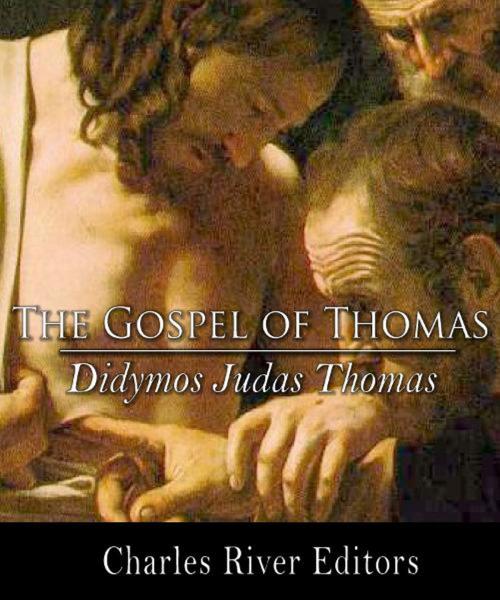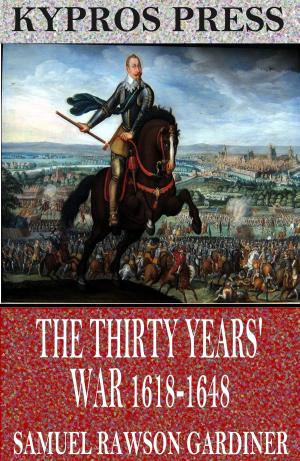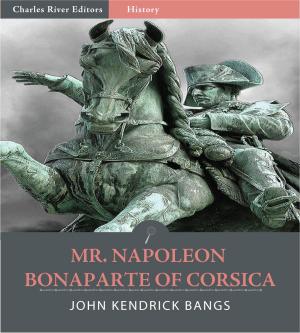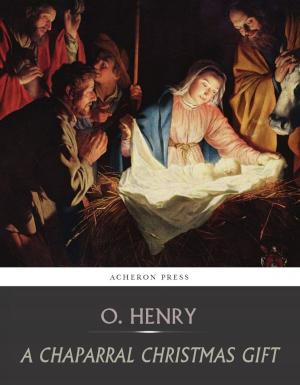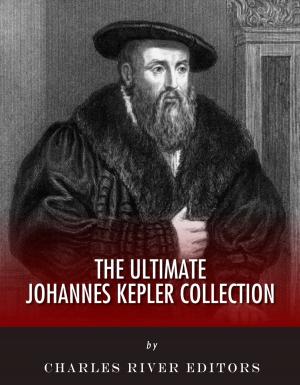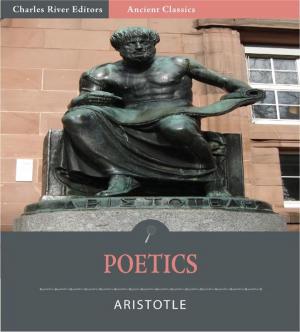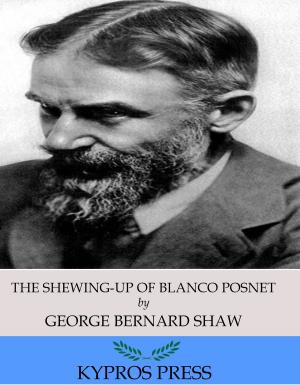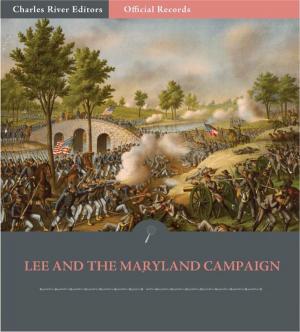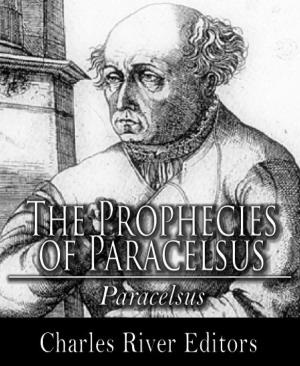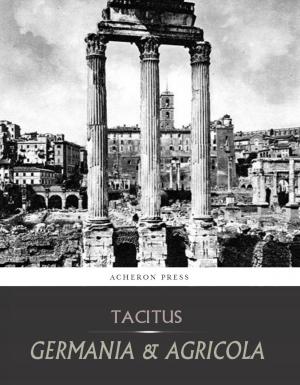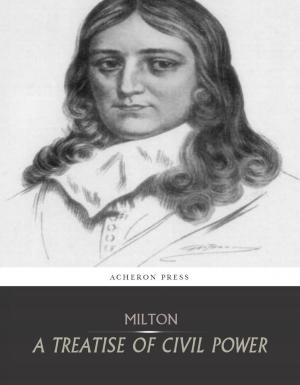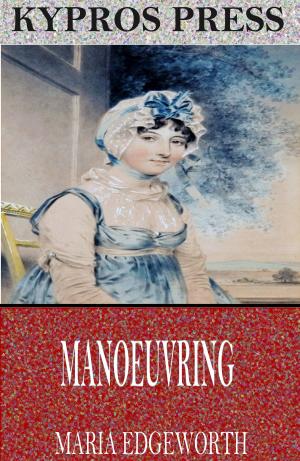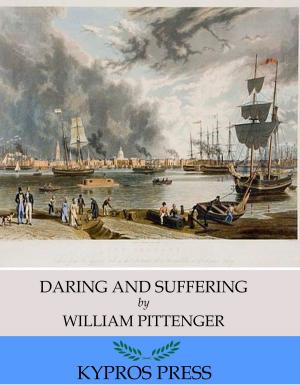The Gospel of Thomas
Nonfiction, Religion & Spirituality, Bible & Bible Studies, Biographies, New Testament, Christianity, Church, Church History| Author: | Didymos Judas Thomas | ISBN: | 9781619823259 |
| Publisher: | Charles River Editors | Publication: | February 17, 2012 |
| Imprint: | Language: | English |
| Author: | Didymos Judas Thomas |
| ISBN: | 9781619823259 |
| Publisher: | Charles River Editors |
| Publication: | February 17, 2012 |
| Imprint: | |
| Language: | English |
Thomas the Apostle, also called Doubting Thomas or Didymus (meaning "Twin") was one of the Twelve Apostles of Jesus. He is best known for disbelieving Jesus' resurrection when first told of it, then proclaiming "My Lord and my God" on seeing Jesus in John 20:28. He was perhaps the only Apostle who went outside the Roman Empire to preach the Gospel. He is also believed to have crossed the largest area, which includes the Parthian Empire and India. The Gospel of Thomas is a well preserved early Christian, non-canonical sayings-gospel claiming to have been written by Jesus' disciple Philip. Scholars have speculated that the works were buried in response to a letter from the bishop Athanasius who for the first time declared a strict canon of Christian scripture. The Coptic language text, the second of seven contained in what modern-day scholars have designated as Codex II, is composed of 114 sayings attributed to Jesus. Almost half of these sayings resemble those found in the Canonical Gospels, while the other sayings were previously unknown. Its place of origin may have been Syria, where Thomasine traditions were strong. The introduction states: These are the hidden words that the living Jesus spoke and Didymos Judas Thomas wrote them down. Some critical scholars are skeptical about this reference to Thomas the Apostle, and thus they question the authenticity of the work or the fact its attributed to him. This edition of The Gospel of Thomas is specially formatted with a Table of Contents.
Thomas the Apostle, also called Doubting Thomas or Didymus (meaning "Twin") was one of the Twelve Apostles of Jesus. He is best known for disbelieving Jesus' resurrection when first told of it, then proclaiming "My Lord and my God" on seeing Jesus in John 20:28. He was perhaps the only Apostle who went outside the Roman Empire to preach the Gospel. He is also believed to have crossed the largest area, which includes the Parthian Empire and India. The Gospel of Thomas is a well preserved early Christian, non-canonical sayings-gospel claiming to have been written by Jesus' disciple Philip. Scholars have speculated that the works were buried in response to a letter from the bishop Athanasius who for the first time declared a strict canon of Christian scripture. The Coptic language text, the second of seven contained in what modern-day scholars have designated as Codex II, is composed of 114 sayings attributed to Jesus. Almost half of these sayings resemble those found in the Canonical Gospels, while the other sayings were previously unknown. Its place of origin may have been Syria, where Thomasine traditions were strong. The introduction states: These are the hidden words that the living Jesus spoke and Didymos Judas Thomas wrote them down. Some critical scholars are skeptical about this reference to Thomas the Apostle, and thus they question the authenticity of the work or the fact its attributed to him. This edition of The Gospel of Thomas is specially formatted with a Table of Contents.
